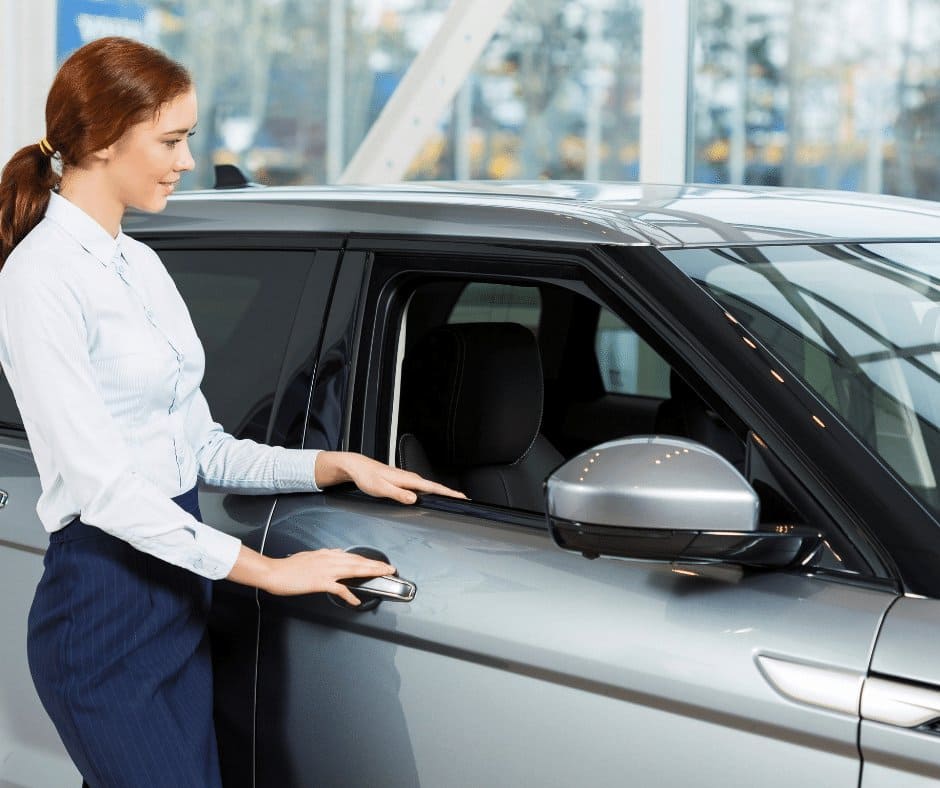If you are considering leasing or buying a vehicle under your corporation, there are many tax implications and rules that you will benefit from understanding from the get-go. The biggest question to ask yourself before you go through with this decision is as follows.
Business vs. Personal Use
When leasing a vehicle under your corporation, you can benefit from this by dedicating the business-use portion of the lease payments. Furthermore, you can also deduct other operating costs for the vehicle on its tax return. Often, the vehicle is also used for personal use, and costs associated with personal use should not be deducted through the corporation or business, ensure that you are keeping in mind ethical practices when claiming tax returns or doing business deductions.
Taxable Benefits – Automobile Used by an Employee
If the purchased vehicle is made available for use to an employee for personal use, then you will not receive a taxable benefit. Rather the employee will be considered to have received a tax benefit from their profile. It is important to understand that the CRA is extremely strict when it comes to personal use, even commuting to work is considered personal use. Lastly, the income on the annual T4 slip for the employee can qualify for payroll deductions, this includes income tax, CPP, and EI.
Operating Cost Benefit
Now, understanding all these benefits is important because you do not want to claim the wrong deductions and land yourself in trouble. The operating cost benefit is a bit unique, it recognizes that the employer has covered all expenses through the year for the vehicle, even though it is being used for personal purposes. This benefit can be calculated by multiplying the personal kilometers driven with the specified kilometer rate for that year. For example, (%0.27 / km) for 2021.
Corporate Tax Deductions
If you decide to lease a vehicle, you will be eligible to deduct the monthly lease payments of that vehicle on the corporate tax return up to a limit of $800/month + GST/HST. On the contrary, if the vehicle is purchased, the first $30,000 of that vehicle can be contributed to depreciation on that corporate tax return, this falls under the capital cost allowance program. Not only this, but your corporation can also deduct the operating expenses for your vehicle, these include the following:
- Fuel and Oil Costs
- Repair and Maintenance Cost
- Insurance
- Licensing and Registration Costs
Mileage Tracking
Given that you are claiming vehicle costs for tax purposes, an ethical practice should be kept in mind which is why it is so important to track your mileage, In the event of a Tax Audit, you can provide documentation to support the business use of your vehicle. You can track your mileage using the following apps:
- TripLog
- MileIQ
Zero-Emission Vehicles
Given the rise in popularity of electric vehicles (EV), you should know that you might actually benefit from owning one. There are a few incentives that are worth checking out if you are an EV owner. In the case that you lease a vehicle that is eligible, you can qualify for a federal rebate worth $5,000. Not only this but if you buy a vehicle that qualifies you can get a 100% write-off in the year that you purchased this vehicle. Whereas this is only 30% for a gas-powered vehicle. But keep in mind that you can get either rebate or the tax write-off, not both! You can get more information about this on the Government of Canada website.
All in all, buying or leasing a company vehicle can be difficult and you want to ensure that you do not take any wrong steps. Well, you do not need to worry about this when you hire H&T Accounting Services for all your financial needs. Book a consultation with us today!





